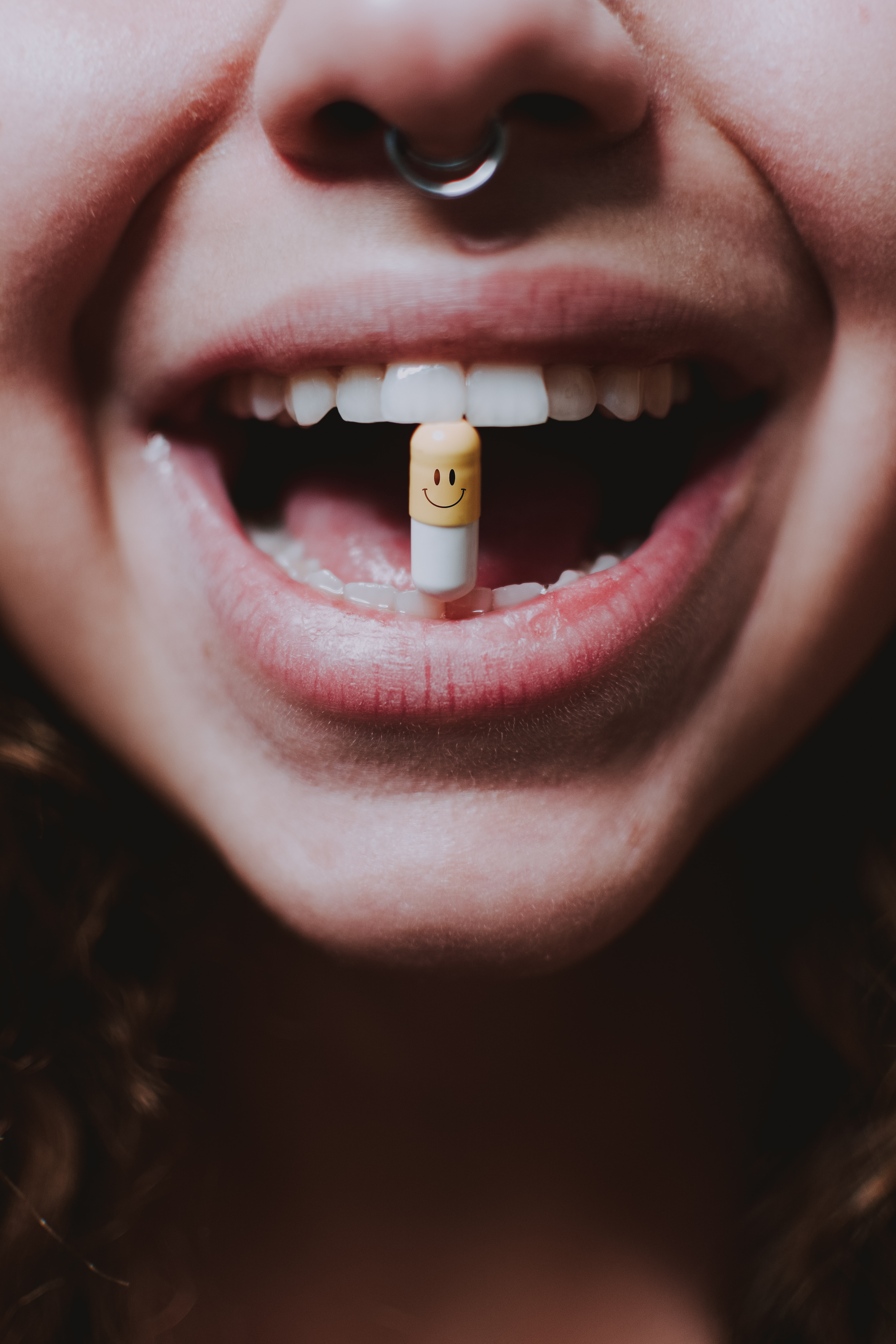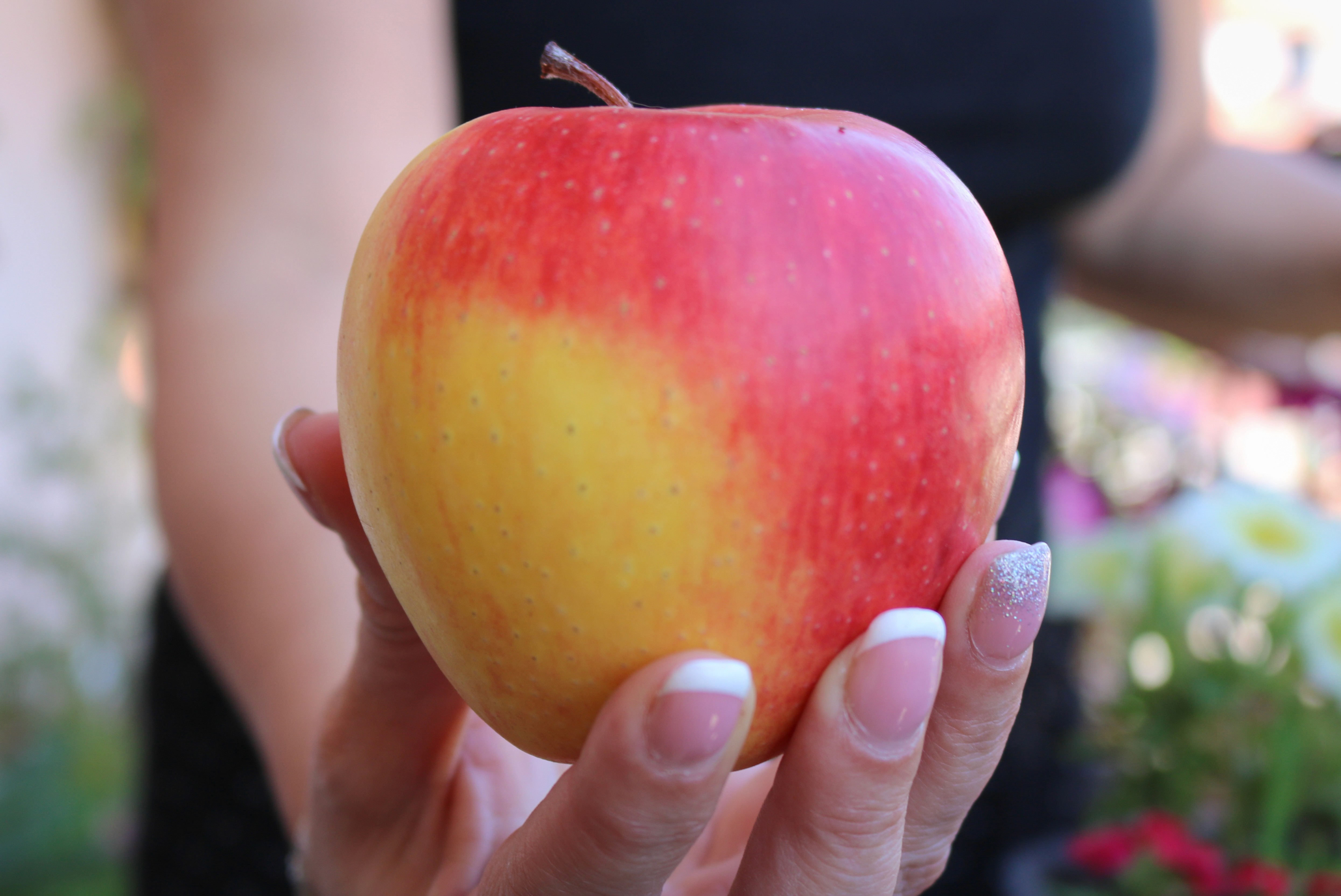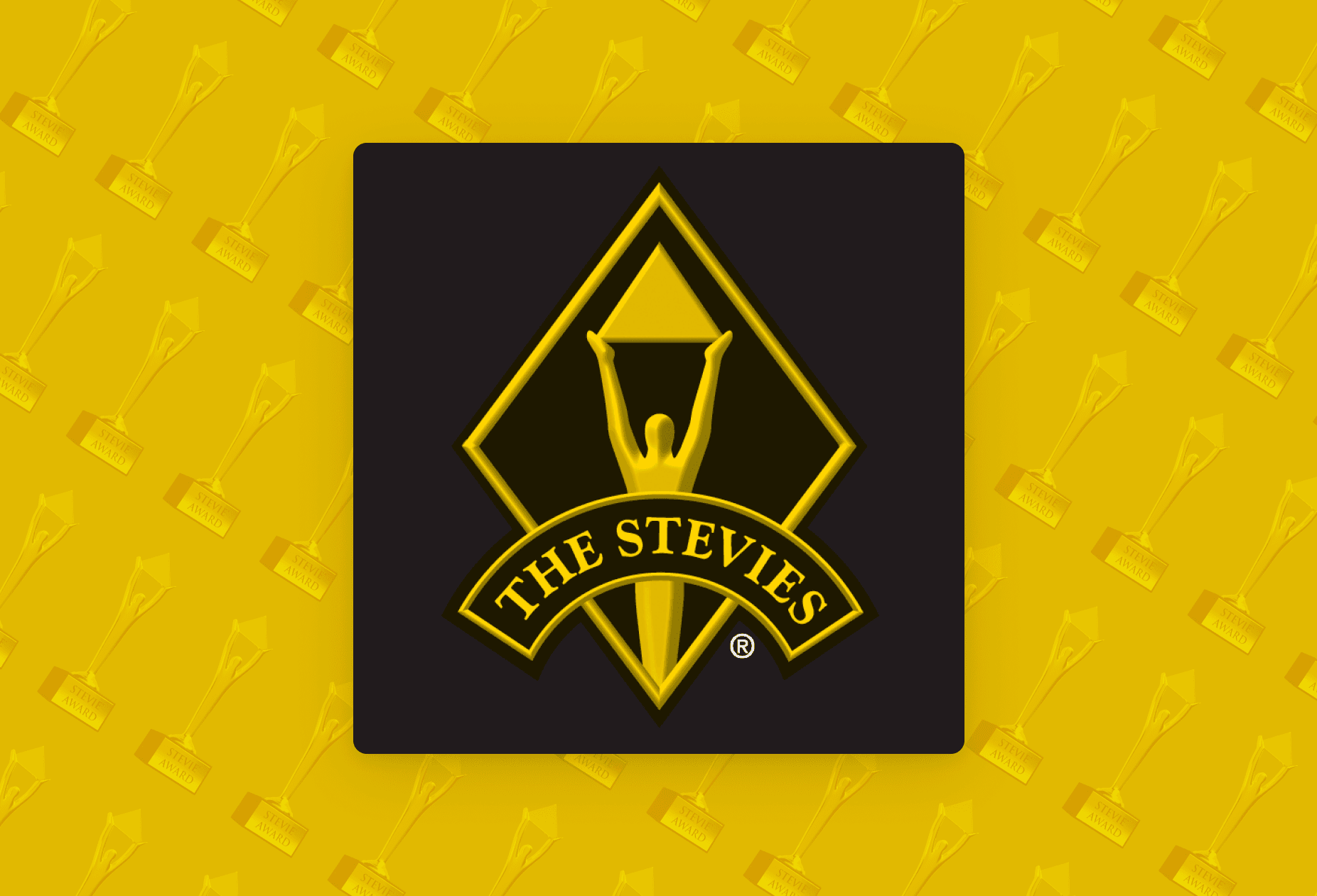Articles
The Magic Pill — Being Ignored by Too Many
What if you found out there was a magic pill, would you take it?
Nov 5, 2023
What if…
What if you found out there was an amazing pill that made you feel physically healthier, less lonely, and sick less often, while also recovering faster, reducing aches and pains, increasing your ability to cope with stress, and helping you experience more feelings of joy, enthusiasm, happiness and connectedness?
Not to mention, this can lower your blood pressure, boost your immune system and reduce your lifetime risk for depression, anxiety, substance abuse and even suicide.
Oh, and did we mention it will also ensure you experience less resentment, greed, bitterness and get you sleeping better at night, among dozens of other proven benefits?
How much would you be willing to pay for a bottle of these dream-come-true pills - or even just one capsule?
Free? No side effects?
Now, what if we told you it was actually free? And had zero negative side effects?
Pretty no-brainer, right? Start me on a daily dose, Doctor. I’m ready. Well, you won’t even need a doctor to get all this good stuff, because science shows that all of the benefits are connected to practice of gratitude.
“Gratitude is literally one of the few things that can measurably change people’s lives.” -Robert Emmons, one of the world’s leading scientific experts on gratitude.
“Gratitude is not only the greatest of virtues, but the parent of all the others.” -Cicero
Think for a minute about the happiest people you know. Why are they so darn happy? What characteristics and virtues do they possess? Chances are, gratitude is near the top of the list. If you’re tempted to think the happiness of their life is what caused the gratitude - think again.
When researchers pick random volunteers and train them to be more grateful over a period of a few weeks, they become happier and more optimistic, feel more socially connected, enjoy better quality sleep, and even experience fewer headaches than control groups.
As one expert says, “In daily life we must see that it is not happiness that makes us grateful, but gratefulness that makes us happy.”
Slow down enough to see what is here
We can all learn to appreciate the little things—water that flows when we turn on a faucet, light that brightens a room when we flip a switch, or someone that cares about us close.
“If you have food in your fridge, clothes on your back, a roof over your head and a place to sleep, you are richer than 75 percent of the world.
If you have money in your bank, your wallet, and some spare change, you are among 8 percent of the world’s wealthy.
If you woke up this morning with more health than illness, you are more blessed than the million people who will not survive this week.
If you have never experienced the danger of battle, the agony of imprisonment or torture or the horrible pangs of starvation, you are luckier than 500 million people alive and suffering.
If you can read this message, you are more fortunate than 3 billion people in the world who cannot read at all.”
Gratitude as protection
Like a life jacket that protects us from drowning in deep waters, gratitude can serve as a great buffer against deep waters of negative emotions such as envy, hostility, irritation, and worry. It centers the mind in a focus on the present moment and appreciating what is, instead of dwelling endlessly on what could be.
David Steindl-Rast, a Benedictine monk, writes, “Gratefulness is the key to a happy life that we hold in our hands, because if we are not grateful, then no matter how much we have we will not be happy—because we will always want to have something else or something more.”
The upwards spiral of practicing gratitude
Neuroscientists have shown that practicing gratitude can even change the structure of our brains.
When we train our brains to scan for things we are grateful for, we begin to see more that we appreciate, and appreciate (more) what we see.
But the opposite also holds true – when we are consumed with the stresses of life, the negative, and the worries and anxieties, we then become more stressed and anxious. Essentially, we are training our brains to notice things that irritate and stress us out, instead of noticing the reverse: the good, the sweet - all that we can be grateful for.
About Impact Suite
Impact Suite is a modern mental wellness company getting at the roots of emotional health through preventative technology and professional care.
If you would like Impact Suite as a mental health benefit in your business or organization, schedule a demo today.




